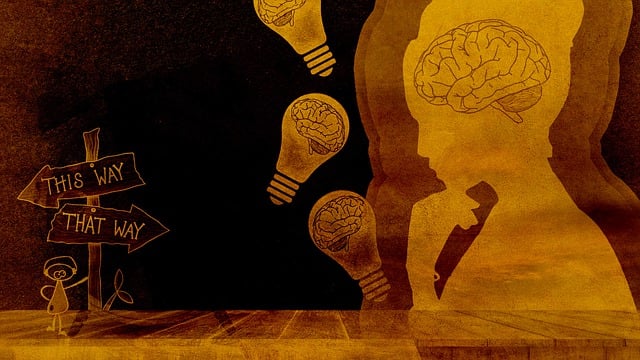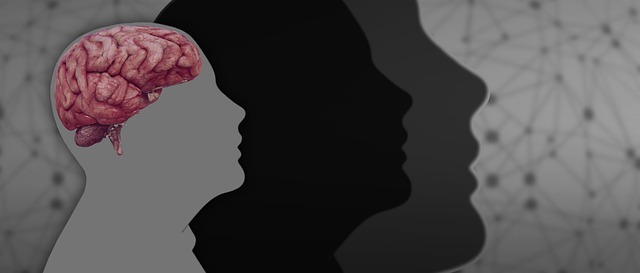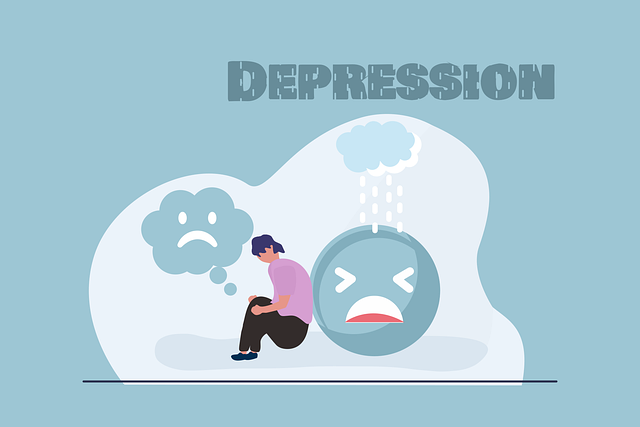Misdiagnosis in mental health can lead to ineffective treatment and stigma, especially with overlapping symptoms. Accurate diagnosis is crucial, involving patient history, emotional regulation capabilities, and mood tracking through practices like journaling. Tools like the Parker Learning Disability Therapy (PLDT) model provide structured frameworks for comprehensive psychological assessments, enabling early detection and evidence-based treatment planning. Integrating PLDT improves mental health policy decisions, coping skills development, and stress management interventions. A supportive ecosystem with safe, non-judgmental environments and compassionate care, along with strategies for burnout prevention, social skills training, and self-care, enhances diagnosis accuracy and long-term mental health sustainability.
Mental illness misdiagnosis can lead to prolonged suffering and delayed treatment. This article explores efforts to improve diagnosis accuracy, focusing on understanding the impact of errors, leveraging comprehensive assessment tools, and integrating innovative therapies like Parker Learning Disability Therapy (PLDT). PLDT serves as a case study highlighting effective strategies for identifying specific learning disabilities. Additionally, we discuss building a supportive ecosystem that fosters accurate mental health diagnoses.
- Understanding the Impact of Misdiagnosis: Unraveling the Complexities
- The Role of Comprehensive Assessment Tools in Enhancing Diagnosis
- Integrating Innovative Therapies: Parker Learning Disability Therapy as a Case Study
- Building a Supportive Ecosystem for Accurate Mental Health Diagnosis
Understanding the Impact of Misdiagnosis: Unraveling the Complexities

Misdiagnosis in mental health can have profound effects on an individual’s life, leading to unnecessary suffering and delayed access to appropriate treatment. When a person is incorrectly labeled with a mental illness they don’t truly possess, it can result in misaligned therapy approaches and even stigma. This complexity lies in the fact that symptoms can overlap, making distinctions between disorders challenging. For instance, anxiety symptoms might be prevalent across various conditions, including those categorized under Parker Learning Disability Therapy.
Accurate diagnosis is crucial for effective treatment planning. Professionals must consider not just current symptoms but also a patient’s history and emotional regulation capabilities. Incorporating practices like journaling to track moods and thoughts can aid in understanding underlying patterns and provide guidance for anxiety relief. This meticulous process involves navigating intricate relationships between symptoms, ensuring that each individual receives the most suitable care tailored to their unique experiences and needs.
The Role of Comprehensive Assessment Tools in Enhancing Diagnosis

The diagnostic process for mental health conditions is a complex and critical step, often requiring specialized tools to ensure accuracy. Comprehensive assessment tools play a pivotal role in enhancing diagnosis by providing a structured framework to evaluate various aspects of an individual’s psychological well-being. These tools are designed to capture subtle nuances and manifestations of different disorders, allowing professionals to make more precise diagnoses. For instance, the Parker Learning Disability Therapy model emphasizes the use of multi-faceted assessment methods to identify specific learning disabilities effectively. This approach ensures that no aspect of a client’s functioning is overlooked, leading to tailored interventions.
Moreover, integrating these assessment tools into clinical practice can facilitate early detection and intervention. By employing evidence-based methodologies, mental health professionals can improve diagnostic accuracy, which is essential for developing effective treatment plans. This is particularly relevant in the context of Mental Health Policy Analysis and Advocacy, where accurate diagnoses are instrumental in shaping policy decisions to better support individuals with mental health challenges. Coping Skills Development and Stress Management Workshops Organization can also benefit from enhanced diagnosis, as tailored interventions can empower individuals to manage their conditions more effectively.
Integrating Innovative Therapies: Parker Learning Disability Therapy as a Case Study

Integrating innovative therapies like Parker Learning Disability Therapy (PLDT) represents a significant step forward in mental illness diagnosis accuracy. PLDT, developed by experts in cognitive science and education, leverages cutting-edge neurofeedback technology to identify and address specific learning disabilities with remarkable precision. By utilizing real-time brain activity data, this therapy provides a more nuanced understanding of an individual’s cognitive functions, leading to personalized treatment plans that are often more effective than traditional approaches.
This case study illustrates how the mental wellness coaching programs development can be enhanced through science-backed innovations. The Mental Wellness Podcast Series Production has also benefited from such advancements, featuring discussions on mood management strategies that incorporate these novel therapeutic techniques. By integrating PLDT into diagnostic routines, healthcare professionals can improve overall mental wellness outcomes, ensuring more accurate and tailored interventions for patients.
Building a Supportive Ecosystem for Accurate Mental Health Diagnosis

Creating a supportive ecosystem is paramount to enhancing the accuracy of mental health diagnoses. This involves fostering an environment where individuals feel safe and encouraged to seek help without fear of stigma or judgment. Integrating services like Parker Learning Disability Therapy can play a pivotal role in this regard, offering specialized support tailored to address unique challenges associated with learning disabilities and mental health concerns. By combining evidence-based practices with compassionate care, such therapy programs promote understanding and accurate assessment, ensuring individuals receive the appropriate treatment for their specific needs.
Furthermore, cultivating a supportive ecosystem includes implementing strategies for burnout prevention, social skills training, and encouraging self-care routine development. These approaches empower individuals to actively participate in their mental well-being, fostering resilience and improving overall diagnosis accuracy. When combined with professional therapy, these initiatives create a comprehensive framework that not only enhances diagnosis reliability but also promotes long-term mental health sustainability.
Mental health diagnosis accuracy is paramount for effective treatment and patient outcomes. By understanding the impact of misdiagnosis, leveraging comprehensive assessment tools, integrating innovative therapies like Parker Learning Disability Therapy, and building supportive ecosystems, we can significantly enhance diagnostic practices. These efforts not only improve individual lives but also contribute to a healthier, more informed society.














